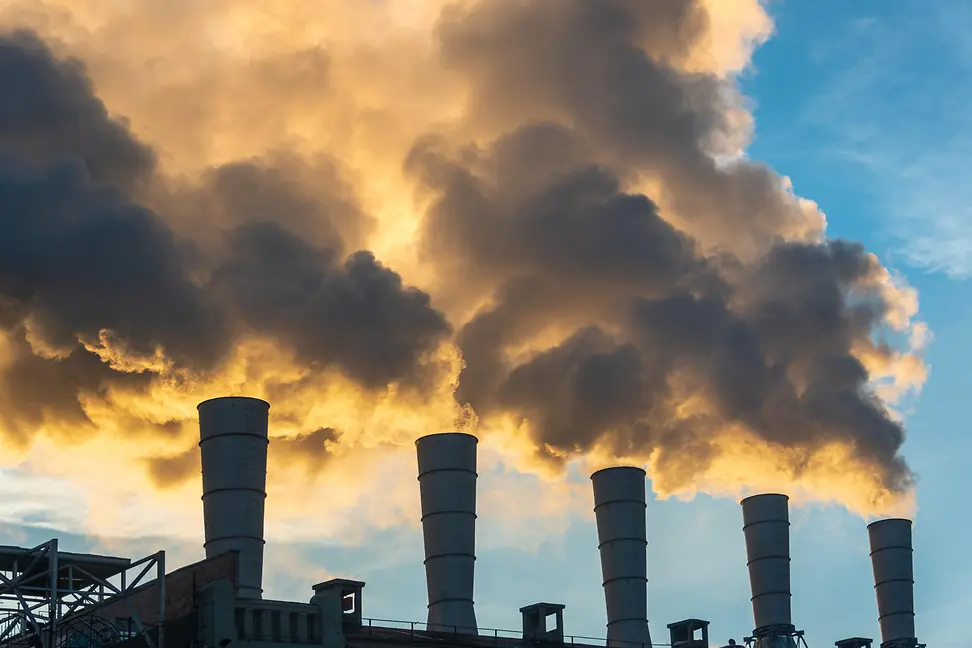As a financial services provider, our emissions are primarily indirect, and produced predominantly by the companies we invest in. But we also impact the environment directly through our operations, for example by burning fuel for heating purposes. We must, therefore, address both direct and indirect emissions.

We have been saying for some time that LGT Private Banking is committed to reducing its emissions to net-zero by 2030. This refers to our own investments, our operations as well as our credit and mortgage activities.
As a bank, the biggest impact we have is through our investments. This also holds true when it comes to cutting emissions. While our focus is on the investment side, we also want to reduce our operational emissions by decreasing the amount of carbon dioxide our buildings and business activities emit.
Our priorities are as follows: 1) cut emissions; 2) transition to renewable sources of energy, e.g. for heating purposes; and 3) offset emissions, as we have been doing since 2010 for our operations, including business travel.
A series of initiatives are in place to reduce operational emissions. These range from focusing on energy efficiency measures at our locations globally to making our buildings and procurement processes more sustainable.
Recent developments and achievements include:
Nicht nur berühmte Gemälde werden heute per Auktion verkauft, auch Staatsanleihen oder Emissionszertifikate. Dieser Bieterwettbewerb ist in der Wirtschaft allgegenwärtig und findet immer neue Anwendungsgebiete.
Die Stanford-Forscher Paul Milgrom und Robert Wilson haben Auktionen jahrzehntelang erforscht und erhielten 2020 den Wirtschaftsnobelpreis. Sie untersuchten unter anderem die Angst vor dem "Fluch des Gewinners": Befürchten Auktionsbeteiligte, am Ende des Bieterwettstreits doch zu viel zu zahlen, könnten sie sich im Zweifel eher zurückhalten. Deshalb ist es laut den Wissenschaftlern sinnvoll, Auktionen transparent zu gestalten und von Anfang an realistische Preisvorstellungen zu vermitteln.
Aus diesem Grund entwickelten die Forscher für die Versteigerung von US-Mobilfunklizenzen in den 1990er-Jahren ein bahnbrechend neues Verfahren, die Simultaneous Multiple-Round Auction (simultane Mehrrundenauktion): Alle Auktionsobjekte werden gleichzeitig versteigert. Am Ende jeder Runde erfahren die Beteiligten, wie hoch die Gebote ihrer Mitbewerber ausgefallen sind. Sie können dann entscheiden, ob sie weiterbieten oder aussteigen wollen. Beendet wird die Auktion erst, wenn kein weiteres Gebot abgegeben wird.
Das Konzept ist mittlerweile etabliert und wird auch dafür genutzt, andere öffentliche Güter zu versteigern - etwa Fischereirechte oder Strom.
LGT contributes its net refunds fromt the CO2 tax to the Swiss Climate Foundation, which uses donations from its partner companies to support small and medium-sized businesses that contribute to climate protection in Switzerland and Liechtenstein through innovative projects. As at the end of 2022, the Foundation had awarded a total of CHF 1.9 million to 16 companies.